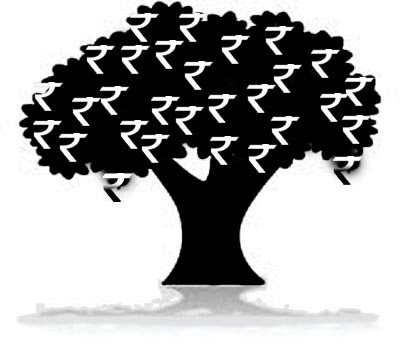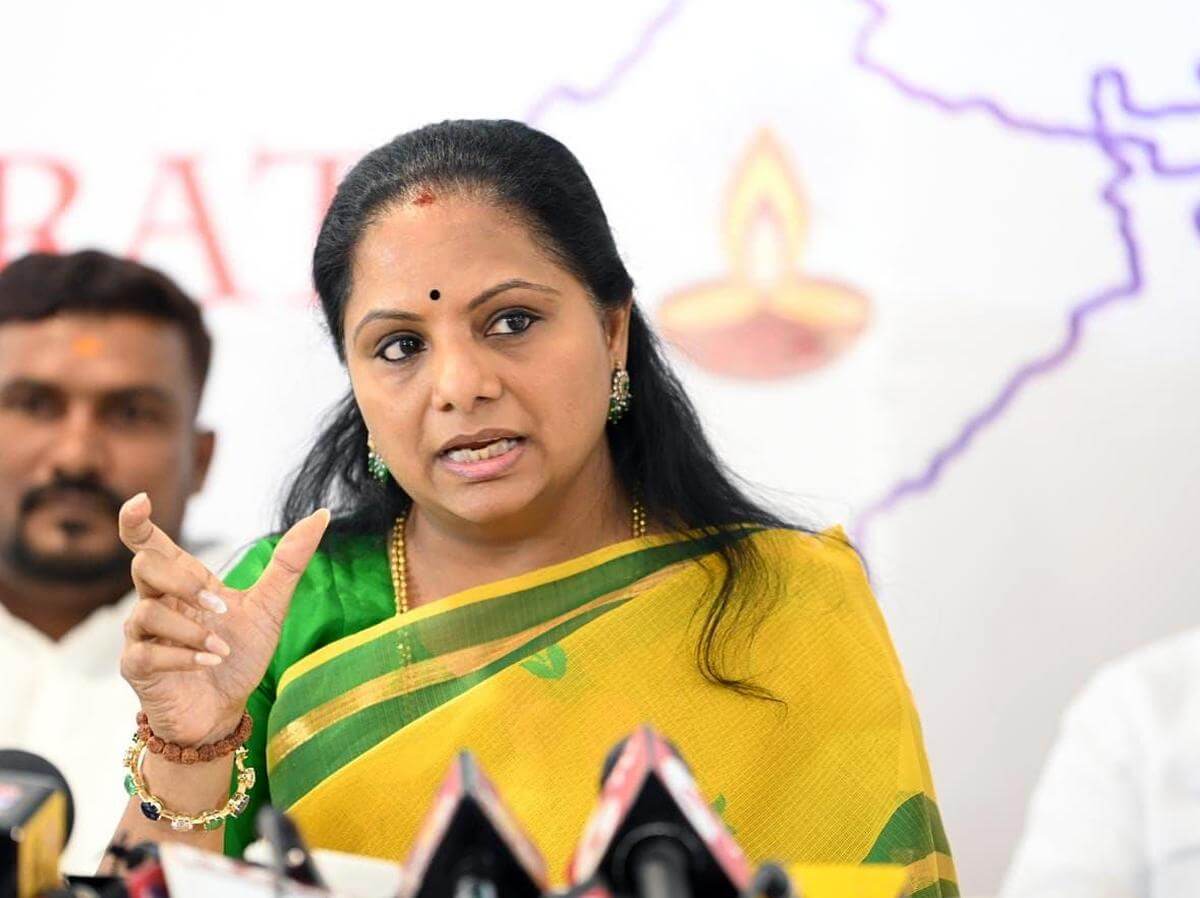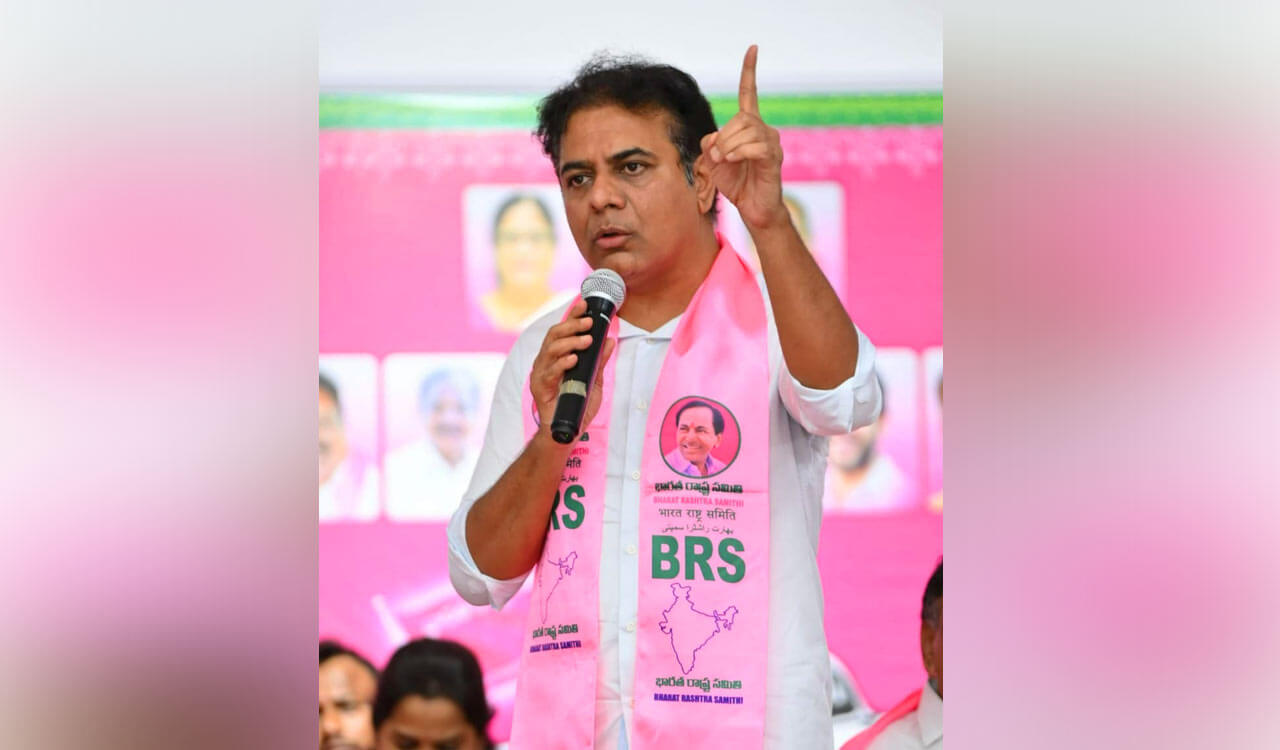Black money: pinning the shadow down
Mon 08 Jun 2015, 17:40:08

June 8, 2015 (Agency) : Recently, on the suggestion of the eminent lawyer, Ram Jethmalani, the Chief Justice of the Supreme Court allowed me to lead arguments on the effective steps to be taken to bring back black money, or undisclosed illegally held funds, estimated at Rs.120 lakh crore, stashed secretly abroad by Indians in numbered bank accounts. This amount is about 60 times the annual revenue from income tax in the Union Budget.The media had reported during the 2014 Lok Sabha election, possibly with the usual dose of interpolation and dramatisation, that Prime Minister Narendra Modi had pledged in election speeches to bring back to the country all this black money. According to these reports, Mr. Modi had said the money belonged to the nation, and every citizen would receive Rs.15 lakh in his or her bank account when the money came in.When or where Mr. Modi said this is not clear, but the nation, convinced after his speech that this would be done, now holds the government led by the Bharatiya Janata Party (BJP) responsible for having failed to keep this promise.It is a fact that despite the Modi government setting up, soon after coming to office, a Special Investigation Team under two former Supreme Court judges, there is no sign yet of black money having being brought back.Does this mean that the BJP had underestimated the reality and complexity of the issue and that there are no quick fixes for retrieving the black money back? To understand this, it is important to recognise why eliminating black money is crucial to the nation’s strategy for high growth.The black money issue
should not be misunderstood as one of merely avoiding taxes. It is, in fact, a major systemic crime of denying the nation’s financial system the proceeds of wealth. Such denial should actually be declared as treason, where opportunities to share the wealth for the benefit of the poor are wilfully denied.There are four ways by which the names and accounts that are illegally held abroad can be ascertained, and the money stashed away brought back.First, the Central Bureau of Investigation/Enforcement Directorate can register a First Information Report on the receipt of information of illegal accounts through Intelligence sources, and then obtain a Letter of Request u/s 166A of the Criminal Procedure Code (1973) from a designated court. Then, the agency can use Switzerland’s Law On International Judicial Assistance in Criminal Matters and seek Swiss cooperation to confiscate the account.The second way is the German or French method of obtaining records of a particular bank. Monetary inducements are used in these two countries to will senior bank officials, as was done with the Bank of Liechtenstein and HSBC in Geneva.The third way, the U.S. method, was used in the Washington D.C.-based branch offices of the Union Bank of Switzerland and Credit Suisse. Senior bank officers based in the Washington D.C. branch were arrested on charges of espionage to pressurise Swiss authorities into giving over 5,000 names of U.S. citizens who had illegally opened bank accounts in these two banks that had claimed secrecy as a business principle. India also has Swiss bank branch offices in Mumbai.
should not be misunderstood as one of merely avoiding taxes. It is, in fact, a major systemic crime of denying the nation’s financial system the proceeds of wealth. Such denial should actually be declared as treason, where opportunities to share the wealth for the benefit of the poor are wilfully denied.There are four ways by which the names and accounts that are illegally held abroad can be ascertained, and the money stashed away brought back.First, the Central Bureau of Investigation/Enforcement Directorate can register a First Information Report on the receipt of information of illegal accounts through Intelligence sources, and then obtain a Letter of Request u/s 166A of the Criminal Procedure Code (1973) from a designated court. Then, the agency can use Switzerland’s Law On International Judicial Assistance in Criminal Matters and seek Swiss cooperation to confiscate the account.The second way is the German or French method of obtaining records of a particular bank. Monetary inducements are used in these two countries to will senior bank officials, as was done with the Bank of Liechtenstein and HSBC in Geneva.The third way, the U.S. method, was used in the Washington D.C.-based branch offices of the Union Bank of Switzerland and Credit Suisse. Senior bank officers based in the Washington D.C. branch were arrested on charges of espionage to pressurise Swiss authorities into giving over 5,000 names of U.S. citizens who had illegally opened bank accounts in these two banks that had claimed secrecy as a business principle. India also has Swiss bank branch offices in Mumbai.
No Comments For This Post, Be first to write a Comment.
Most viewed from Specials
Most viewed from World
AIMIM News
Latest Urdu News
Most Viewed
May 26, 2020
Do you think Canada-India relations will improve under New PM Mark Carney?
Latest Videos View All
Like Us
Home
About Us
Advertise With Us
All Polls
Epaper Archives
Privacy Policy
Contact Us
Download Etemaad App
© 2025 Etemaad Daily News, All Rights Reserved.










































